
- Article
- Article
Colonialism and the origins of skin bleaching
The widespread practice of skin bleaching was heavily influenced by the Western colonisation and slavery of African and South Asian countries. Ngunan Adamu explores this toxic history.

- Article
- Article
Medics, migration and the NHS
In the 1960s the NHS became Britain’s biggest employer. So to help fill all those jobs, the government brought in thousands of workers from abroad.
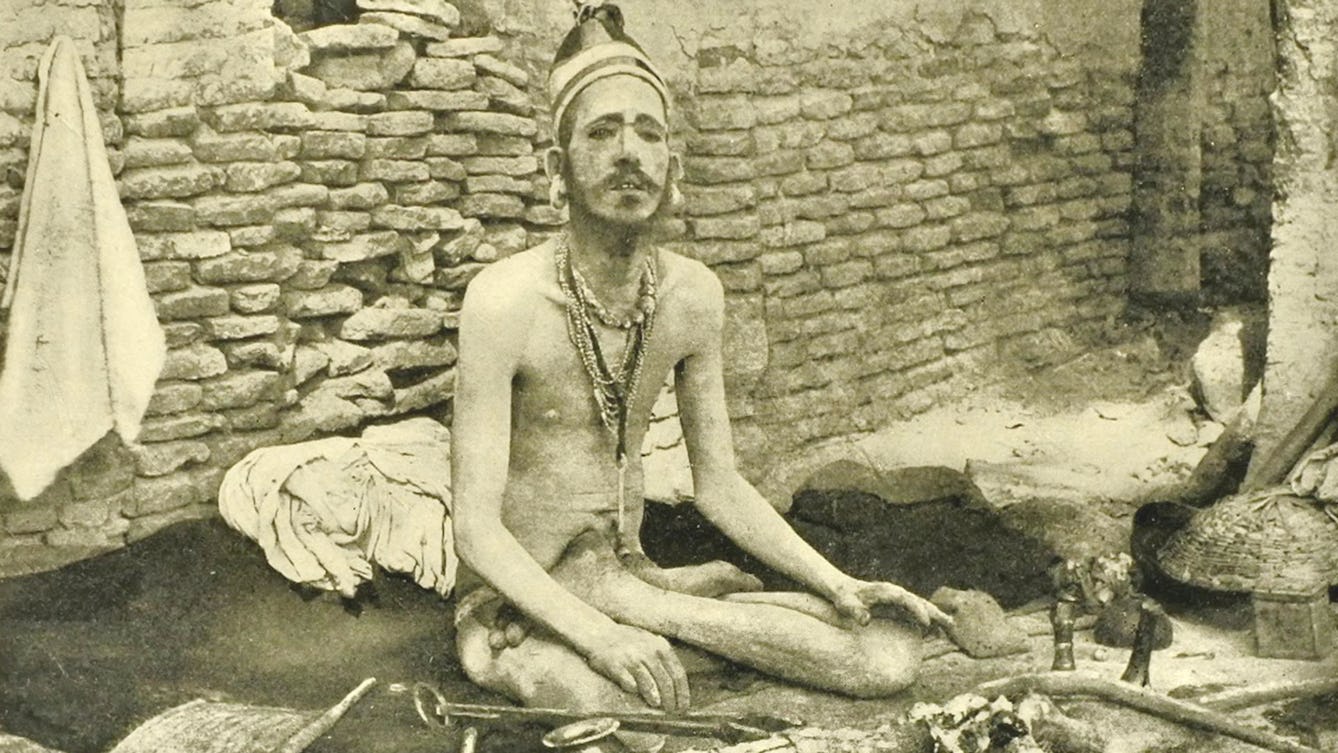
- Article
- Article
The yogi as hermit, warrior, criminal and showman
How the modern world changed the life and reputation of the yogi.

- Article
- Article
Sun salutations and yoga synthesis in India
Surya namaskars, or sun salutations, have a long history in South Asia, but their place at the heart of modern yoga is more recent.
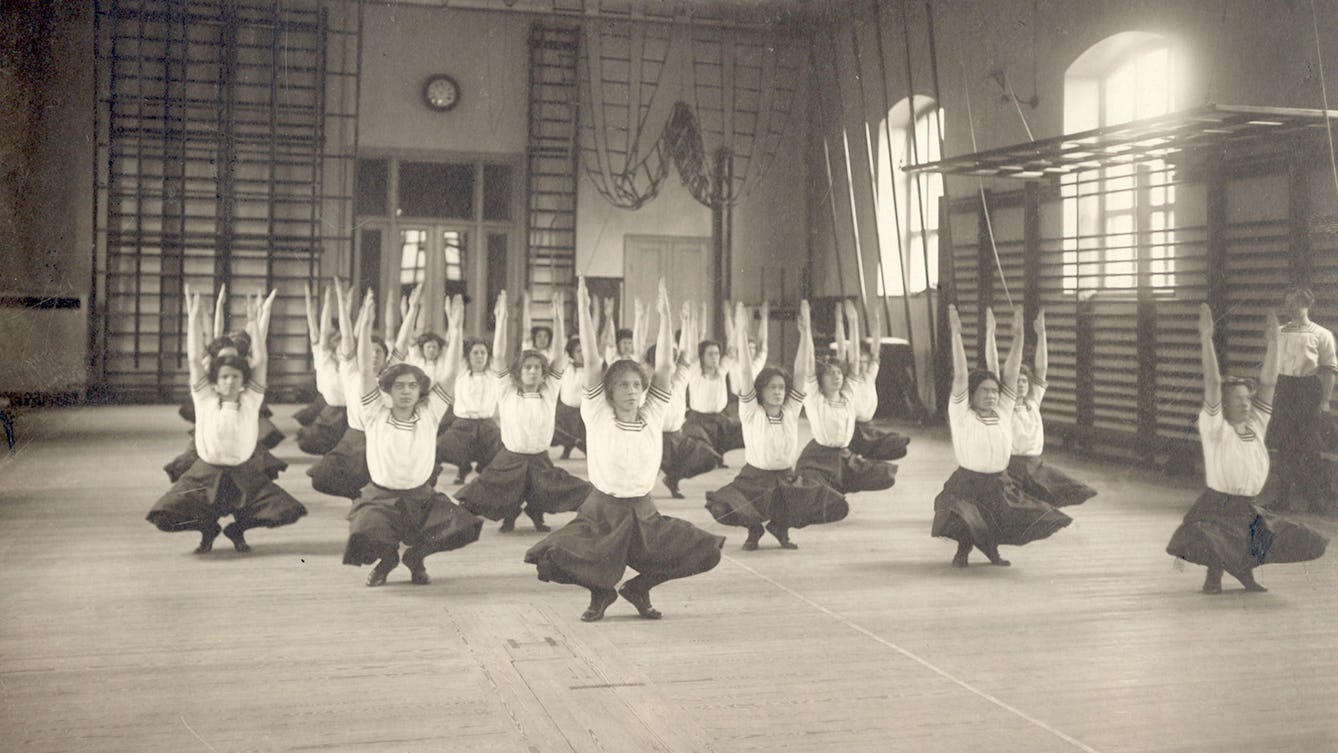
- Article
- Article
Yoga gets physical
Modern yoga owes a debt to the physical culture movement that created a world obsessed with health and fitness.

- Article
- Article
Vivekananda’s journey
How a young Indian monk’s travels around the world inspired modern yoga.
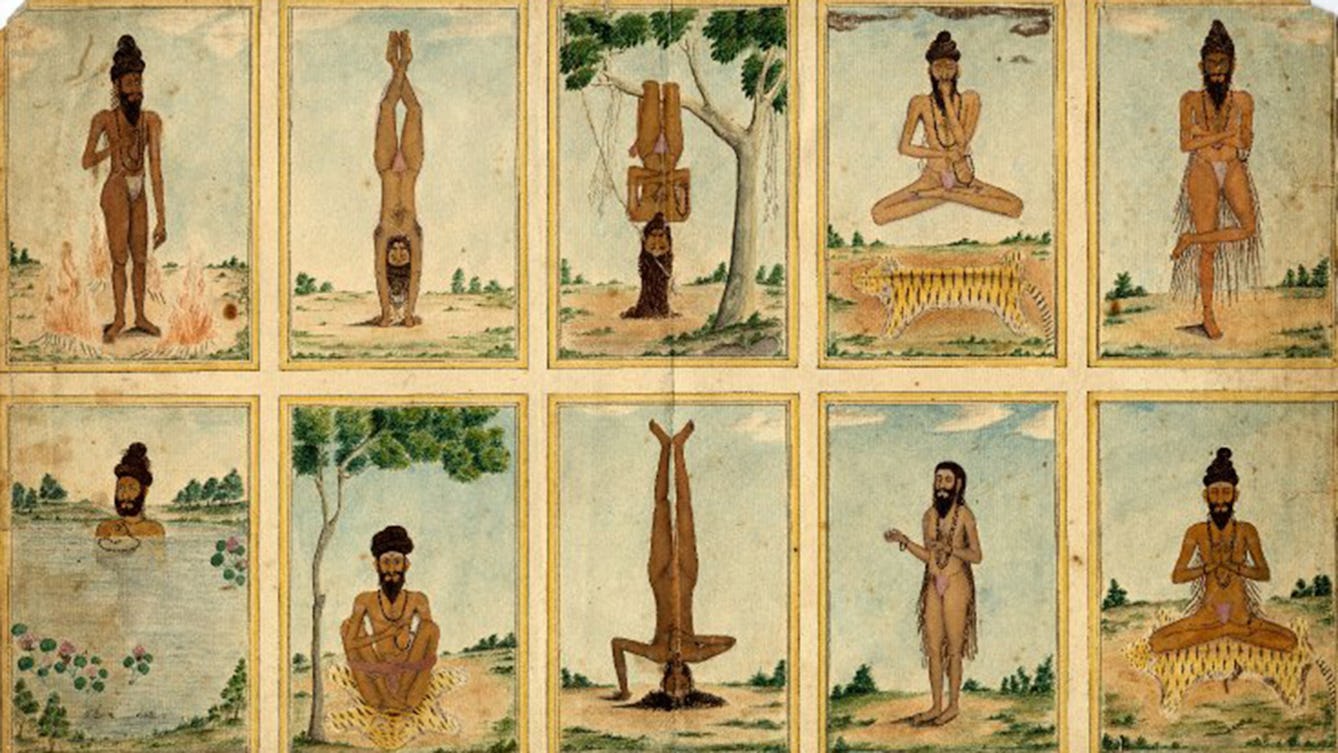
- Article
- Article
Not one yoga, but many yogas
From ancient tradition to modern gym class, yoga means many things to many people.

- Article
- Article
Yoga adapts to time and place
A yoga teacher in 1930s India inspired today’s transnational practice with his spectacular fusion of tradition and innovation.
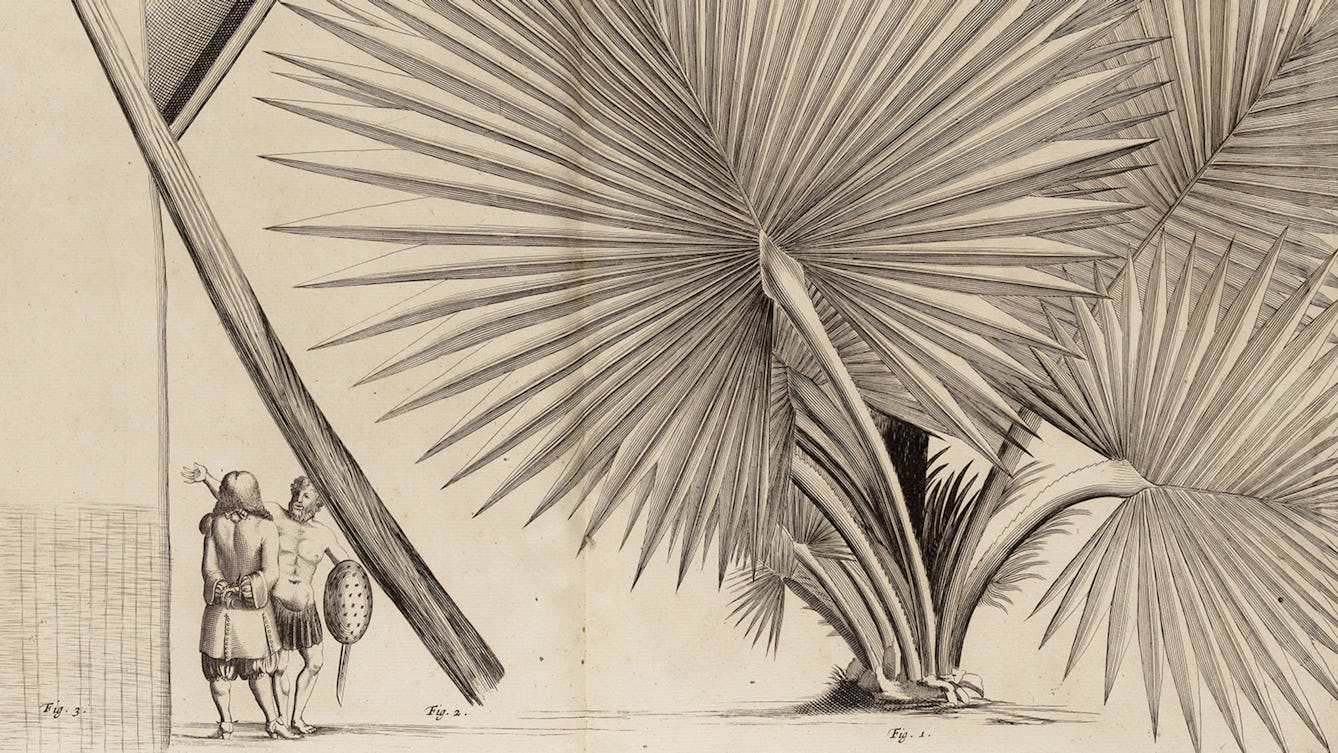
- Article
- Article
Indian botanicals and heritage wars
Colonial botanical texts, as astonishingly beautiful as they are, may cast very dark shadows.

- Article
- Article
Why we need to decolonise the skies
Astronomer Dr Tana Joseph explores how rethinking way we look at the stars could improve our relationship with our own planet and make it a healthier place to live.

- Article
- Article
The secret lives of Britain’s first Black physicians
Dr Annabel Sowemimo explores the web of connections between early Black British doctors, the role of empire in West Africa and the pernicious reach of scientific racism.
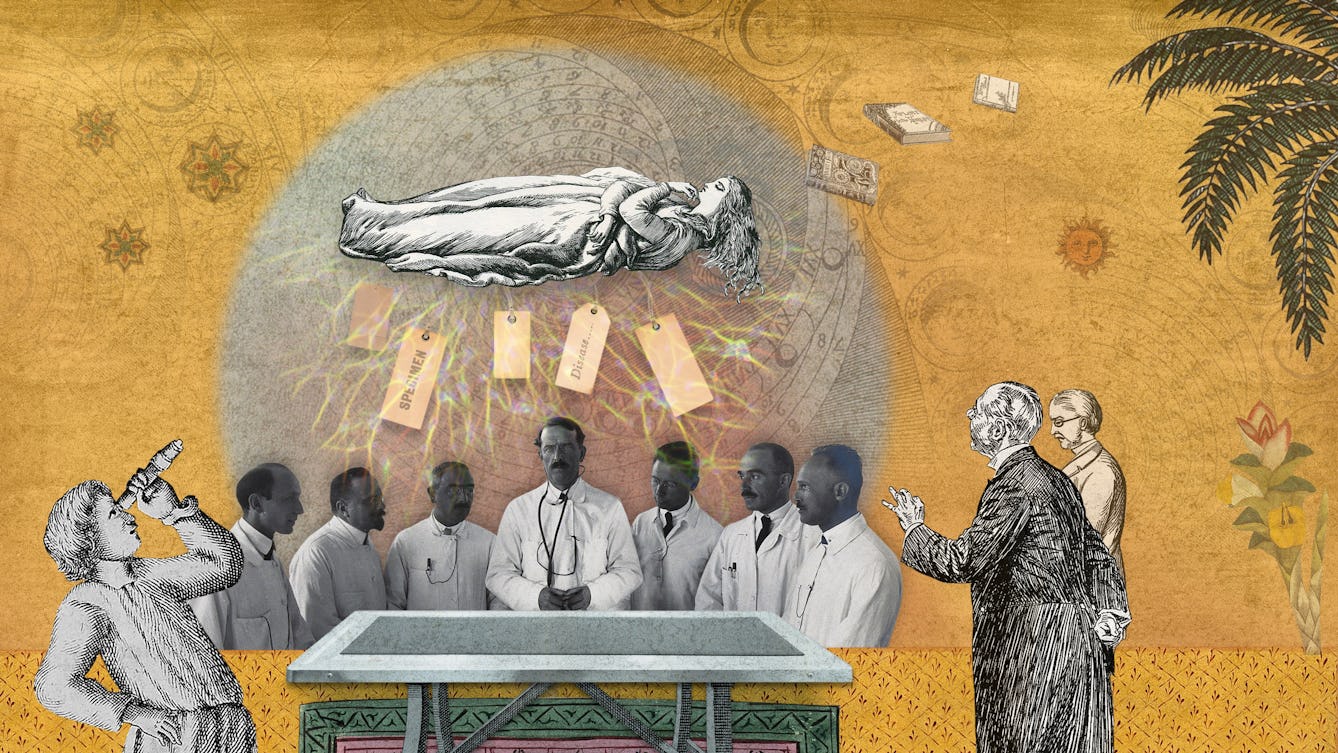
- Article
- Article
The epilepsy diagnosis
Epilepsy exists between the mind and body, something that Aparna Nair experienced for herself when she was diagnosed as a teenager.
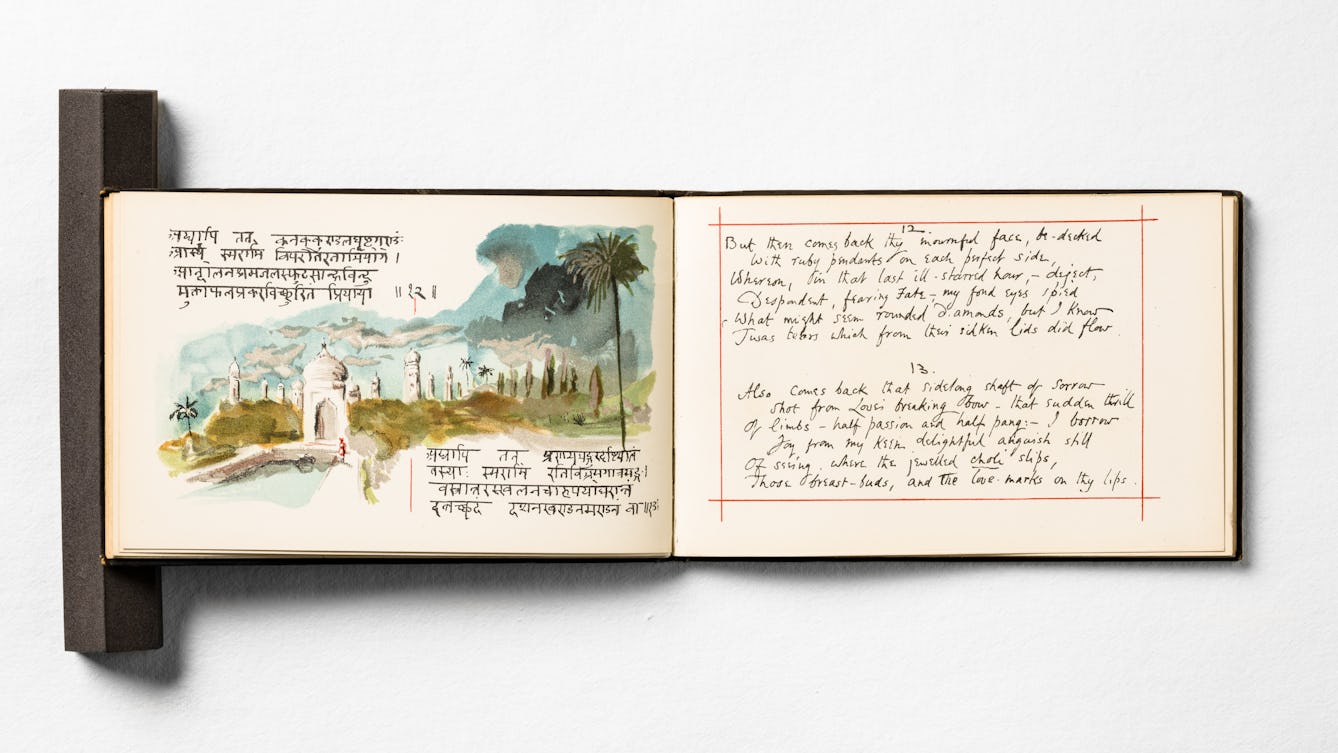
- Article
- Article
Lovesickness and ‘The Love Thief’
An 11th-century poem of love, lust and possibly gruesome death still resonates today.
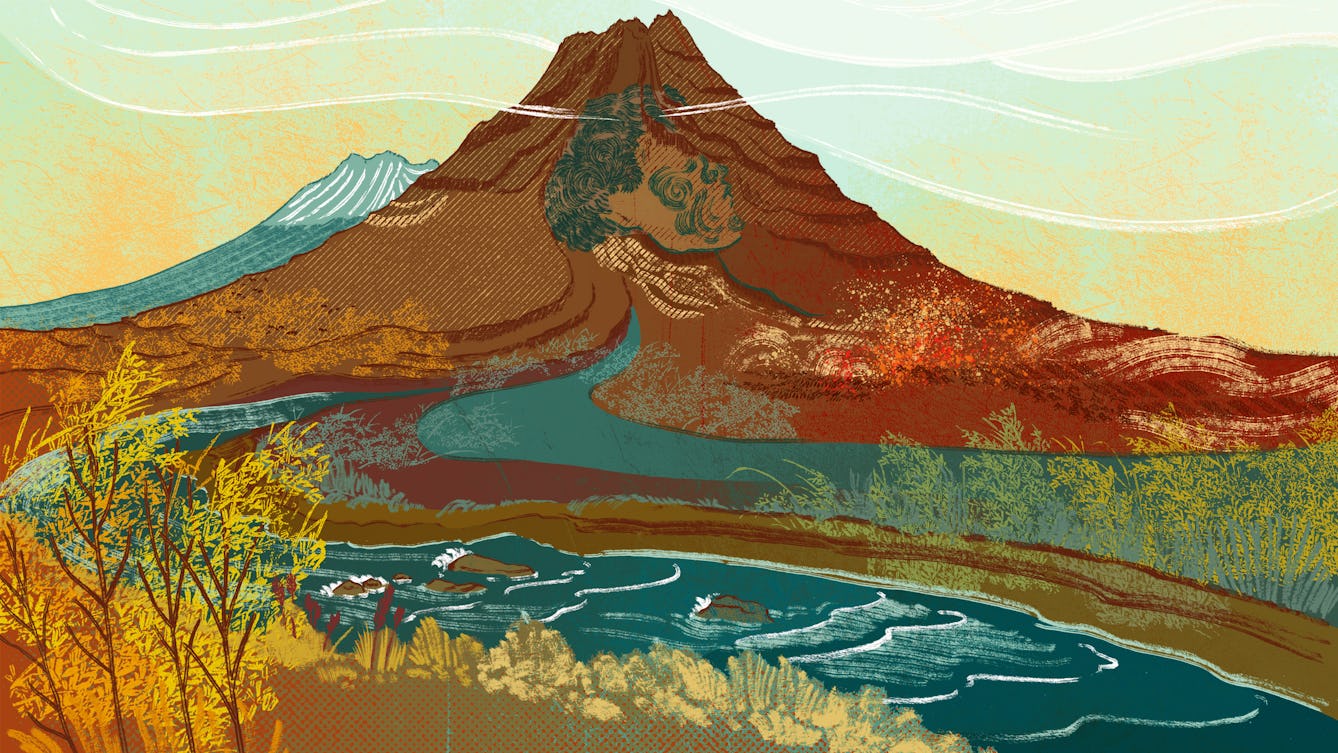
- Article
- Article
The white tears of Taranaki
Taranaki in Aotearoa, New Zealand, is home to the world’s largest dairy factory. Sarah Hopkinson questions the price paid by an area dominated by monoculture.
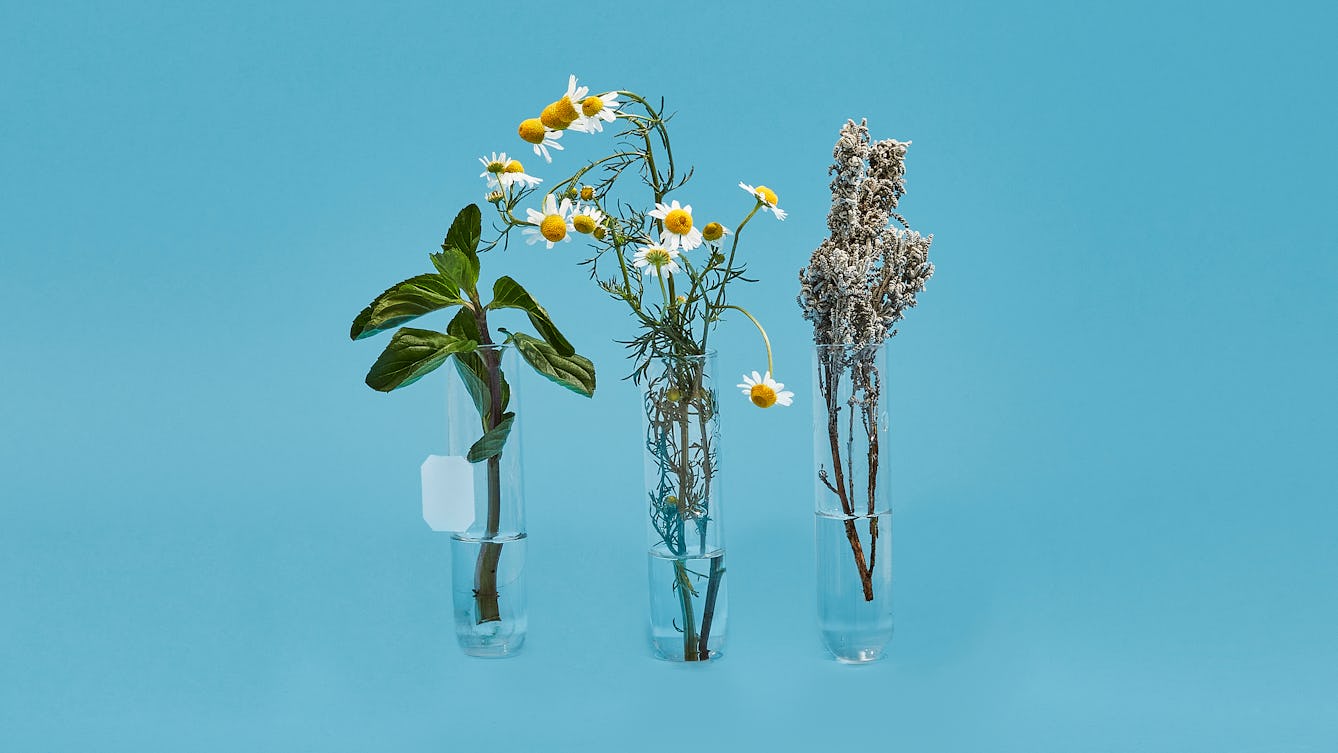
- Article
- Article
Love, longing and tea from the polski sklep
For people of Polish origin in the UK, herbal tea is closely tied to health and shared history. Kasia Tomasiewicz explores her changing relationship to these tea-related cultural habits.

- Book extract
- Book extract
The 200-year search for normal people
Sarah Chaney poses the question we’ve likely all asked at some point in our lives: 'Am I normal?’, and explores whether normality even exists.
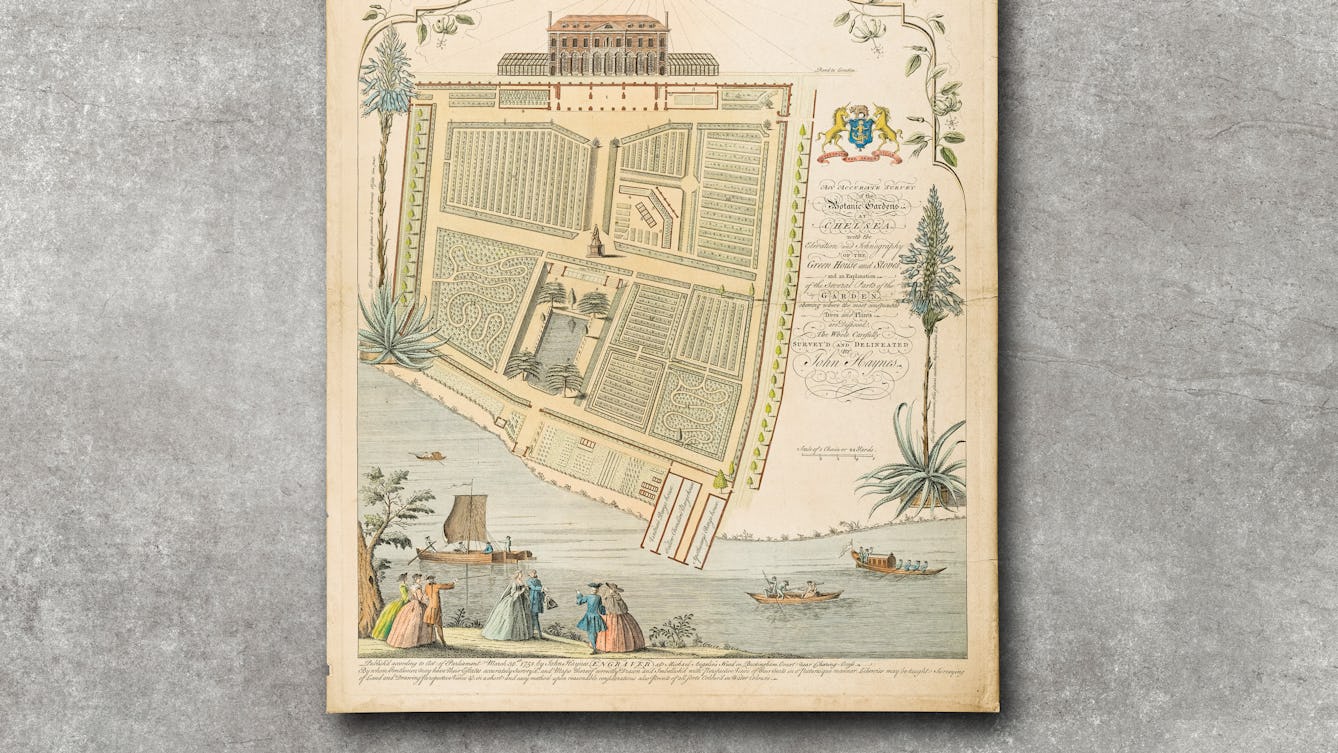
- Article
- Article
The healing power of the physic garden
Having experienced the healing power of plants and gardens, Iona Glen goes in search of present-day “physic gardens” and their origins in history.

- Article
- Article
Aphasia and drawing elephants
When Thomas Parkinson investigated the history of “speech science”, he discovered an unexpected link between empire, elephants and aphasia.

- Article
- Article
Hunting lost plants in botanical collections
A bark specimen at Kew recalls the story of a South American man who harvested the most potent source of the only effective malaria treatment available in the late 1800s. Killed for his work and forgotten by history, Manuel Mamani was a victim of the colonial juggernaut.
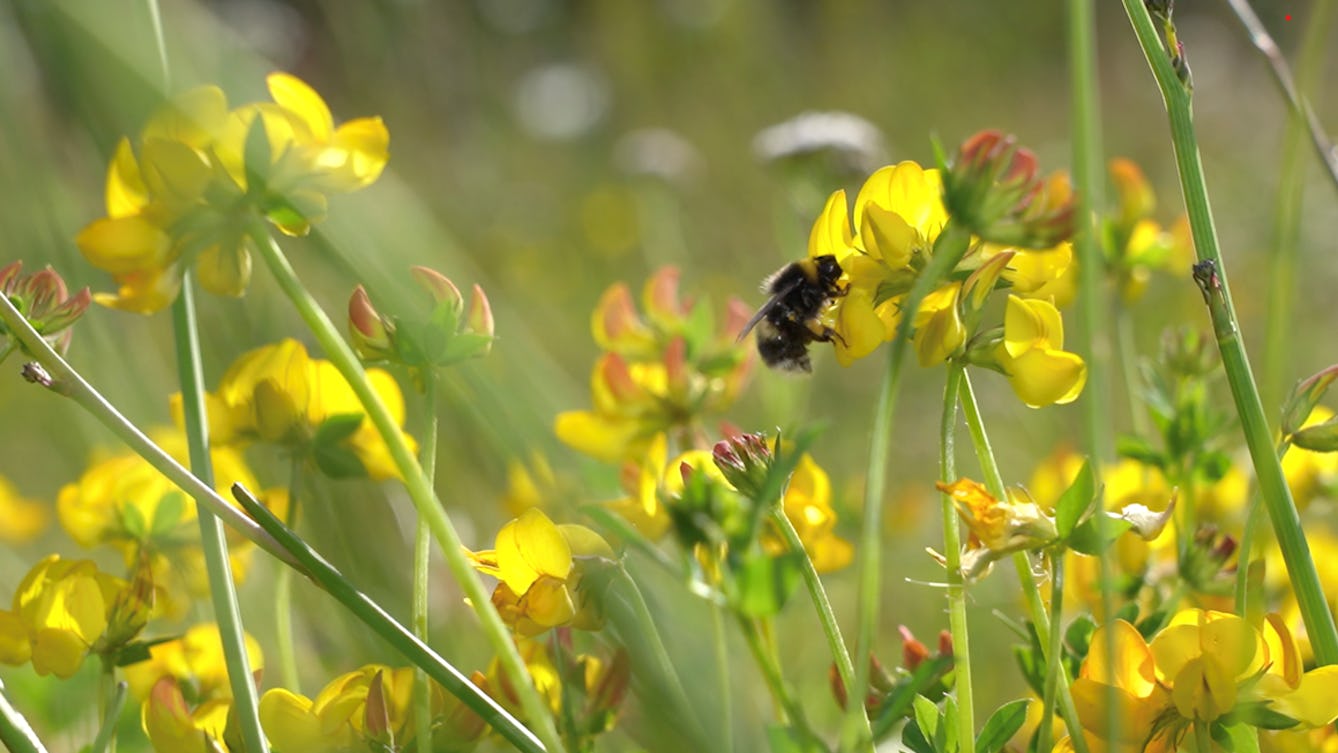
- Book extract
- Book extract
What the wind can bring
In this extract from ‘This Book is a Plant’, Amanda Thomson shares a newfound fascination with flowers, and reveals why our relationship with plants can also be complicated.
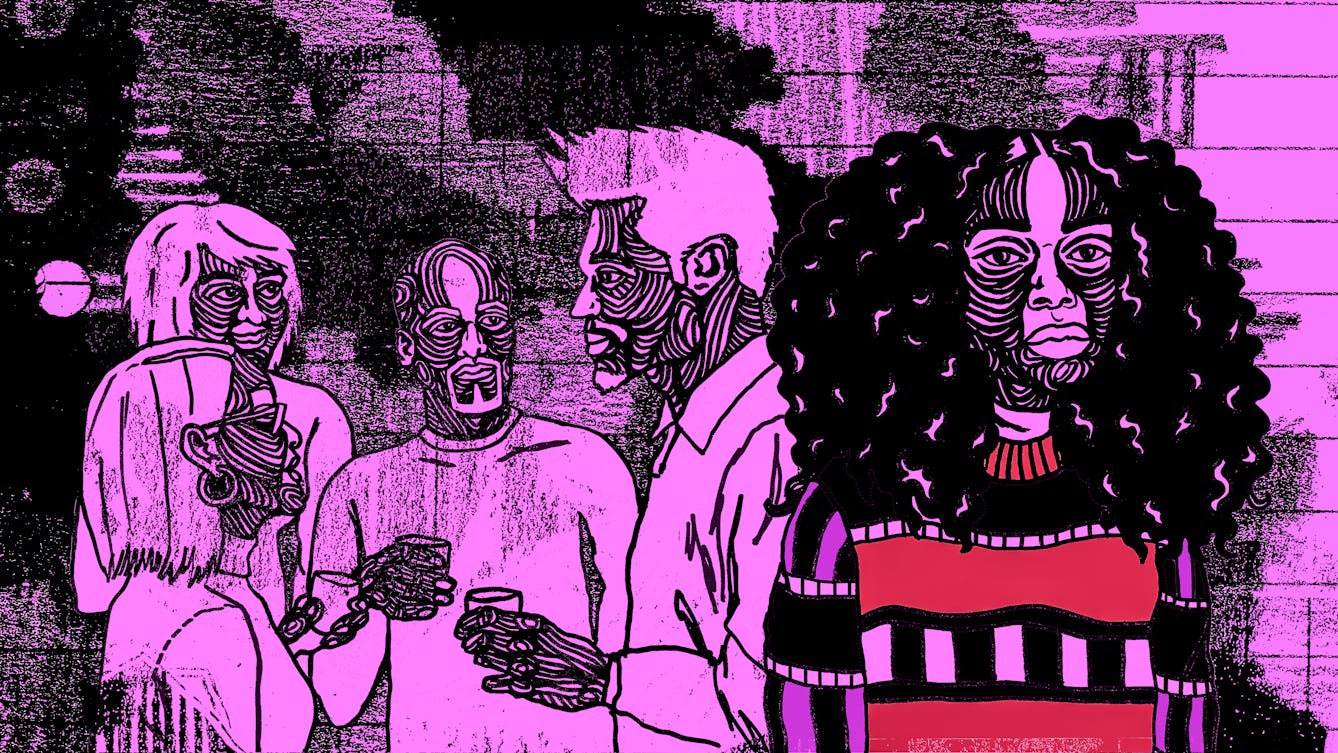
- Article
- Article
Building resilience in a racist world
With the resurgence of racism in today’s UK, Louisa Adjoa Parker reflects on the trauma of growing up in a racist society and explores how victims could begin to heal.

- Article
- Article
Eugenics and the welfare state
Indy Bhullar explores the ideas of William Beveridge and Richard Titmuss, who were strongly influenced by eugenic thinking, and yet championed the idea of the welfare state.
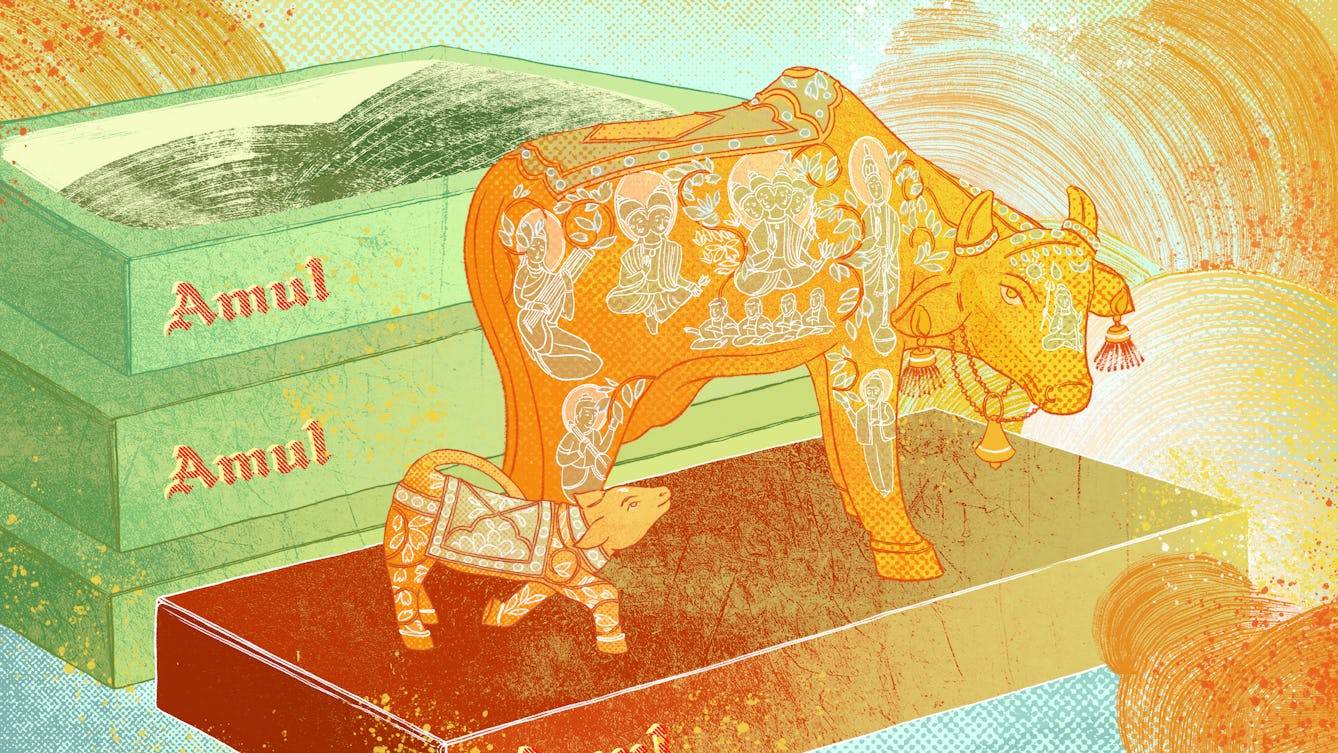
- Article
- Article
Sacred cows and nutritional purity in India
Apoorva Sripathi explores the complex reasons behind India’s recent boom in all things dairy – beginning with a 1970s Western food-aid programme.
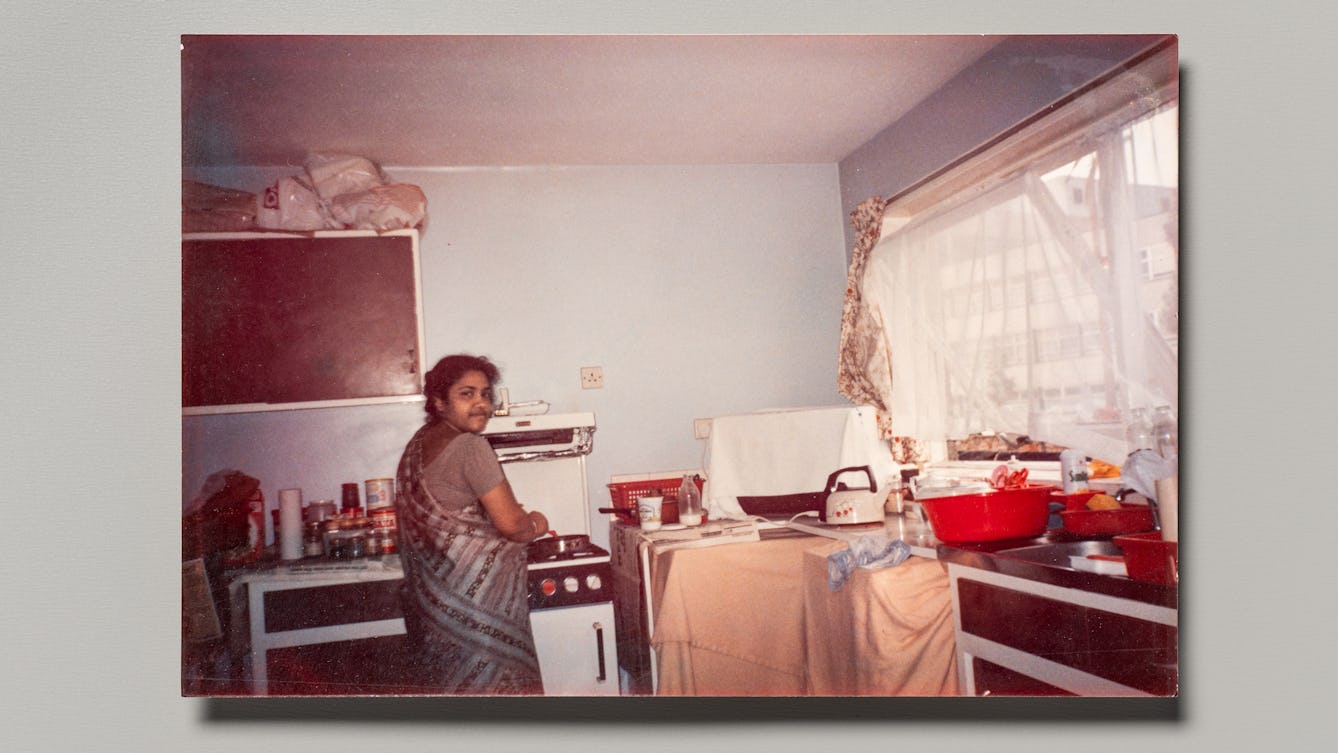
- Article
- Article
Doctor in the house
A house is not always a home – sometimes it’s impermanent, impersonal. But other aspects of the itinerant life can be the source of a sense of home.

- Article
- Article
A symbol of a lost homeland
The story of one protective amulet from Palestine reveals a complex tale. Encompassing the personal history of an influential doctor and collector, it provides a window onto dispossession and exile, and the painful repercussions that are still felt today.